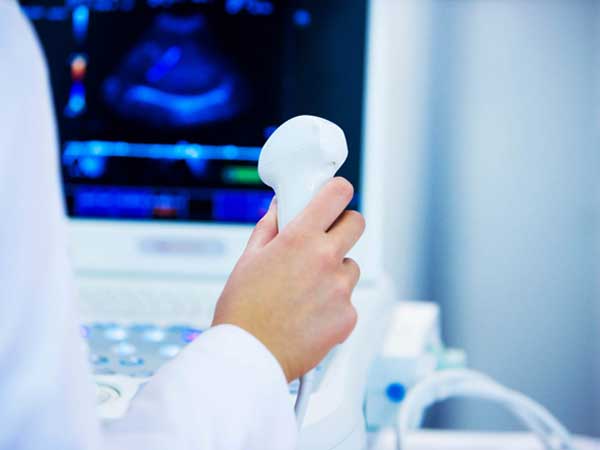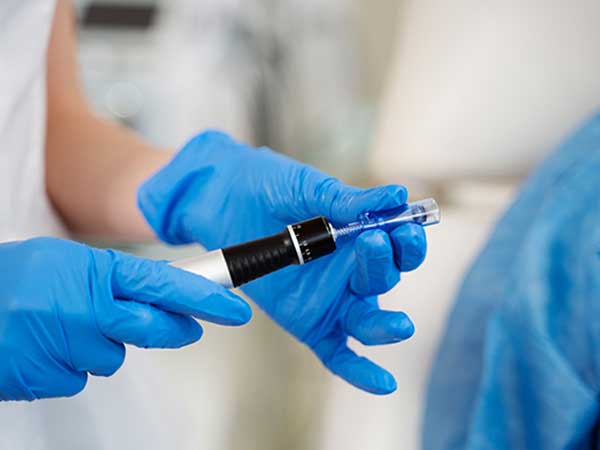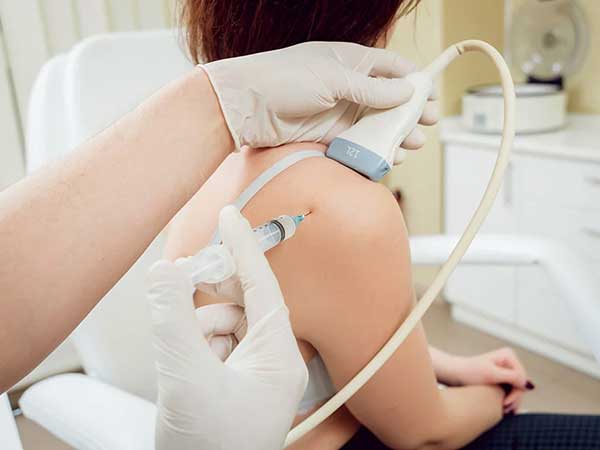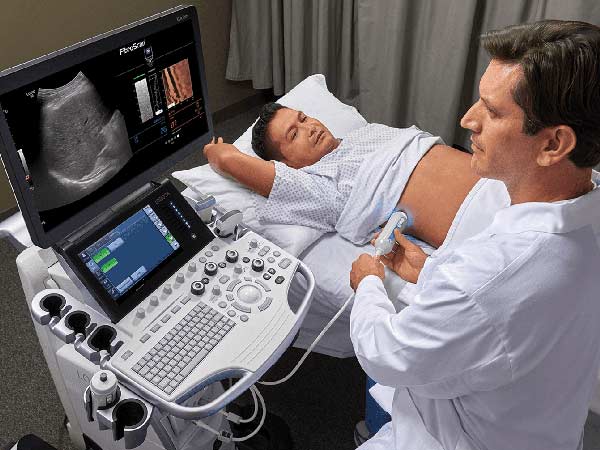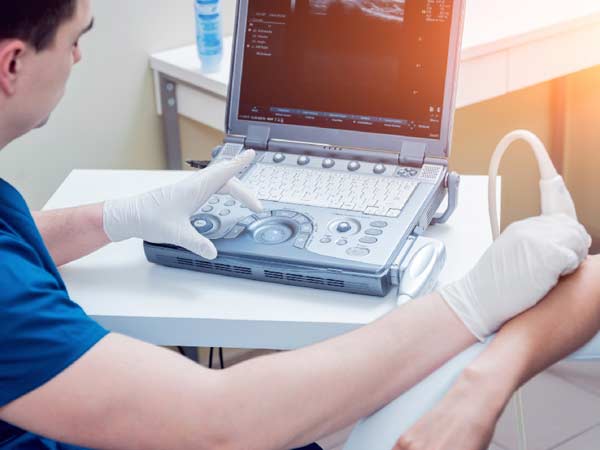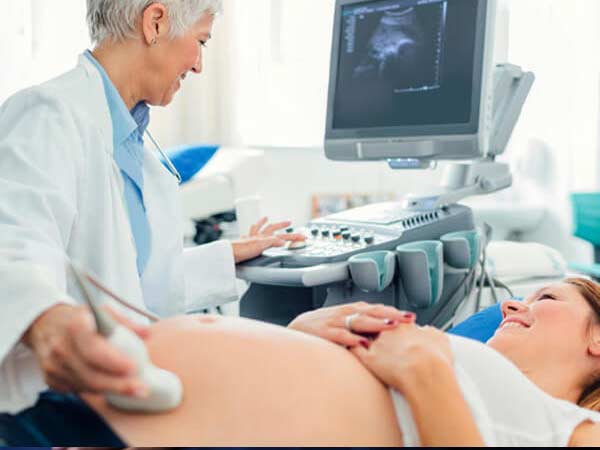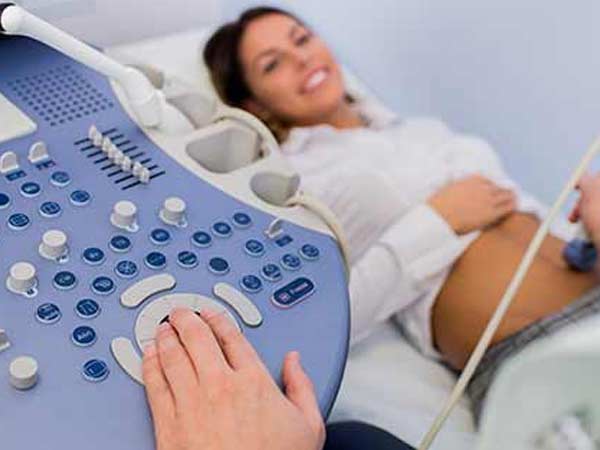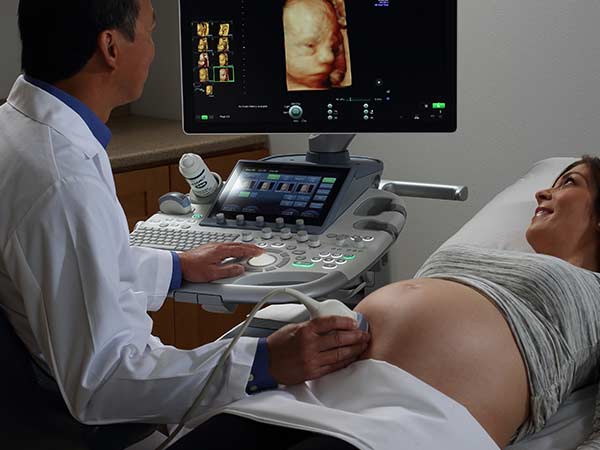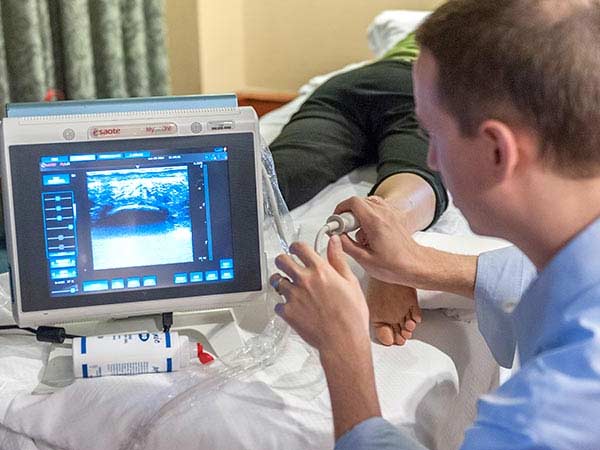Frequently asked questions about Ultrasound in pregnancy
Is ultrasound in pregnancy safe?
Does it have any side effects??
UItrasound is a completely safe technique for the mother and her baby. It doesnt have any side effect or adverse effect for either the mother or the baby.
Does ultrasound use radiation or emit rays (like Xrays) ?
Technique of ultrasound is very different from Xrays and does not use any harmful radiation.
Ultrasound rather uses sound waves which are beyond the audible range. These sound waves are directed towards the mother’s abdomen by the ultrasound probe and get reflected back from the fetal and maternal structures. These are gathered back by the probe and processed by the ultrasound machine to form an image of the fetal and maternal structures.
How many ultrasounds should a woman undergo in pregnancy?
Minimum how many & Maximum how many??
Minimum 4 scans
- At 6-8 weeks of pregnancy: Early pregnancy scan or viablity scan- to confirm fetal cardiac activity (& for dating)
- First trimester screening scan/ NT NB scan (Level 1 scan)- at 11 to 14 weeks – also for congenital/chromosomal anomalies
- Anomaly scan/TIFFA scan (Level 2 scan)- at 18 to 20 weeks
- Growth & Doppler scan (after 30 weeks)
There is no limit on the maximum no. of ultrasound that a particular pregnancy may require
- a high risk pregnancy may need very frequent ultrasounds to assess the progress & accordingly take decisions relevant for patient management
List of documents/information needed for any ultrasound done on a pregnant women:
- Identity proof of patient having full name (eg. Aadhar card) matching the prescription
- Date of first day of last menstrual period (LMP) of pregnant lady
- Proper prescription by referring doctor mentioning indication for ultrasound- valid only for 21 weeks from date of issue
- Prescription to have full name of referring doctor
- Prescription to have proper stamp of referring doctor with DMC number


